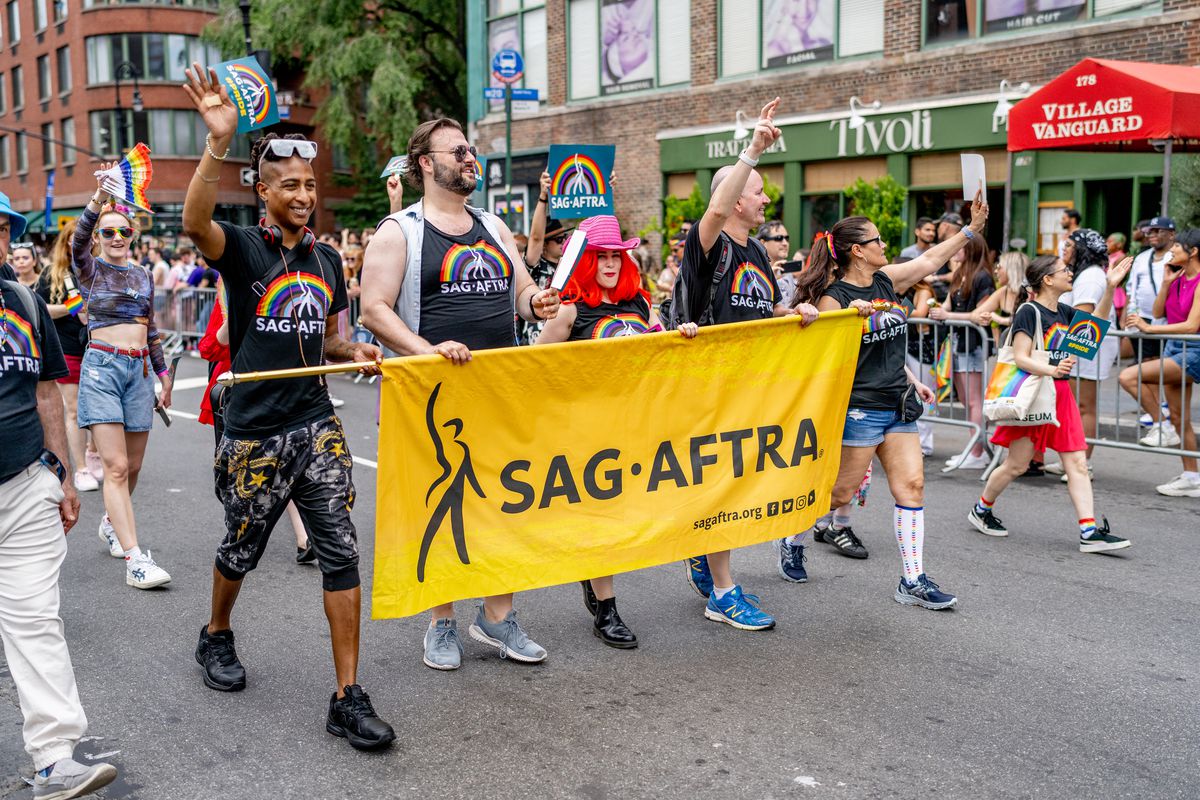In recent negotiations between the Screen Actors Guild- American Federation of Television and Radio Artists( SAG- AFTRA) and major production companies, some of the union’s contract demands have been deemed as beyond reasonable, leading to a rejection from the company’s side.
SAG- AFTRA, representing a vast number of actors and performers, seeks better working conditions and fair compensation for its members. While their intentions are applaudable, some of their demands have raised concerns within the industry.
BALANCING WORK-LIFE: THE CALL FOR REDUCED HOURS AND BREAKS

One of the primary sticking points is the proposed increase in compensation rates for actors. While it’s accessible that actors earn fair pay for their talent and sweat, the magnitude of the rise requested by the union may place an overdue burden on product budgets, potentially leading to advanced ticket prices for audiences.
Another issue at hand is the demand for reduced working hours and increased breaks. While advocating for improved work-life balance is reasonable, it must be balanced with product realities, as tight schedules are frequently necessary to meet deadlines and budgets.
Additionally, SAG-AFTRA’s push for lesser creative control for actors could conflict with the vision of directors and writers, potentially hindering the cultural process.
While the union’s goals are estimable, finding common ground is essential. Both parties need to engage in formative dialogue and seek negotiations that profit the actors while ensuring the sustainability of the industry.
In conclusion, SAG-AFTRA’s contract demands contain some elements that might be deemed beyond reasonable by the product companies. nonetheless, both sides must work collaboratively to find a balanced result that respects the interests of the actors and the realities of the entertainment industry. Only through regardful negotiation can a mutually beneficial agreement be reached.
